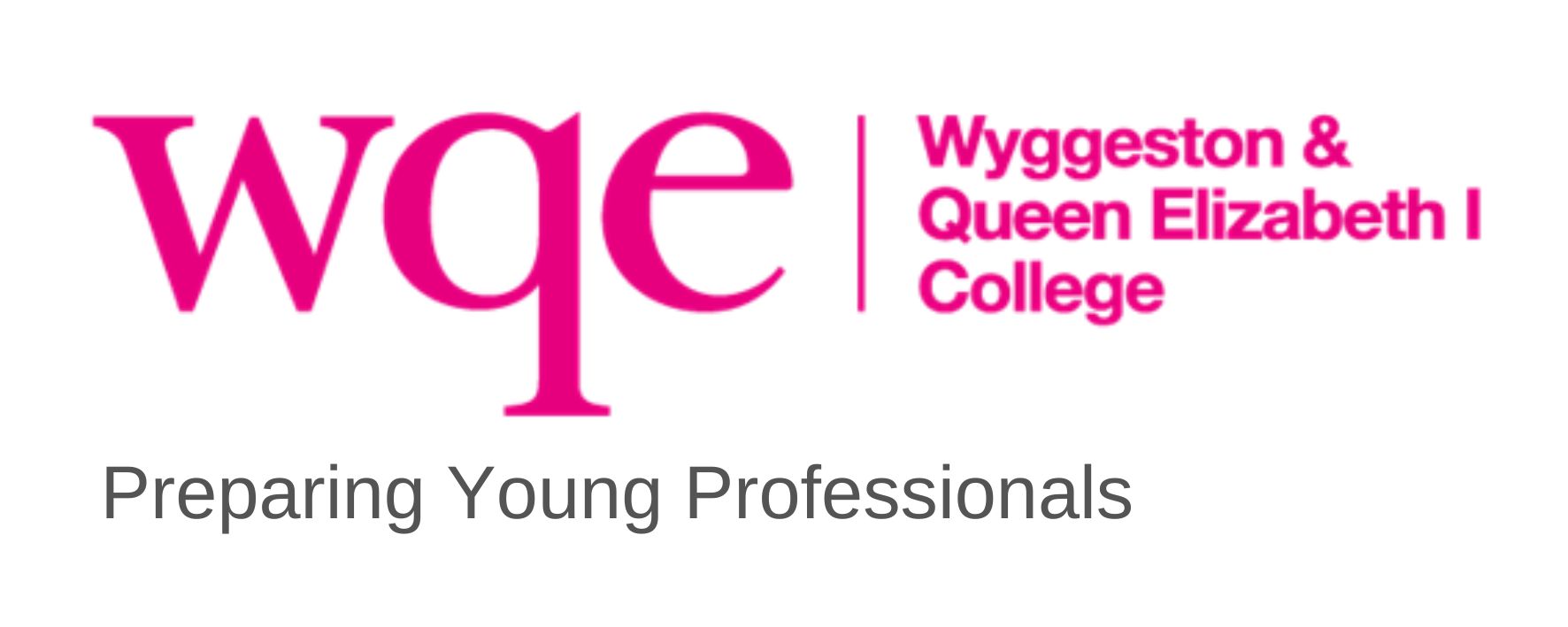Course Overview
New for 2022 entry!
We are delighted to be adding Level 3 Criminology to our Curriculum Offer. If this course is of interest to you, please contact our Admissions Team to register your interest: admissions@wqe.ac.uk
Entry Qualifications
Standard College A-Level entry requirements (see below).
What will I study?
- Yr1 unit 1: You will examine different types of crime and public perceptions of crime, gaining an understanding of why some crimes go unreported to the police and media. You will learn how we record crime and whether it is an accurate system. The learning in this unit concludes with you planning a campaign to raise awareness of an under-reported crime.
- Yr1 unit 2: You will learn about criminological theories, allowing you to gain an understanding of why people commit crimes. The theories will be applied to real-life situations and you will discover answers to questions such as ‘what makes someone a serial killer?’
- Yr2 unit 3: You will gain an understanding of the criminal justice system and you will develop the skills needed to examine criminal cases and review verdicts. You will look at the roles of personnel and processes involved from the moment a crime takes place until the verdict itself is passed. This unit concludes with you applying your learning to a case study of a crime.
- Yr2 unit 4: You will apply your knowledge of criminological theories to understand how and why we use punishment within the criminal justice system in order to achieve social control. You will also learn how to evaluate the effectiveness of social control agencies, such as the police and prisons, in achieving their aims.
How will I study?
Criminology is primarily designed to support learners progressing to university, so there will be lots of academic learning, such as studying and evaluating theories. However, much of the course is also vocationally relevant, offering opportunities to learn from practical activities and applying knowledge to case studies. There will also be opportunities to learn from the expertise of professionals currently working in the criminal justice system.
How is the course examined?
There are four units in this course, with units 1 and 2 completed in the first year and units 2 and 3 in the second year. Each unit is worth 25% of your overall qualification:
- Unit 1: This unit is assessed through an 8-hour controlled assessment (internally assessed)
- Unit 2: This unit is assessed through examination. The exam consists of short answer and extended writing questions and lasts 1 hour 30 minutes.
- Unit 3: This unit is assessed through an 8-hour controlled assessment (internally assessed)
- Unit 4: This unit is assessed through examination. The exam consists of short answer and extended writing questions and lasts 1 hour 30 minutes.
Where next?
Criminology can open the door to a wide variety of career paths that require understanding of the criminal justice sector. These may include careers in the police force or in police support roles, the field of forensic psychology, social and probation work or the prison services. The course also provides an excellent foundation to go on to further study at university, particularly in Criminology, Law, Sociology, Psychology, and Professional Policing.
What does the course combine well with?
Criminology combines particularly well with Law, Sociology and Psychology. However, it is also an excellent option for broadening your subject portfolio whatever you are studying, including science and art subjects.
Equivalents:
This course is equivalent to one A-Level and has comparable UCAS points.
College Entry Requirements
We normally expect applicants to have achieved good GCSE passes in at least six subjects, these must:
- demonstrate the suitability for Advanced Level study
- have been achieved at Grade 4 as a minimum
- include two at Grade 5 as a minimum
- include English Language – a minimum grade of 4/C
Mathematics – If not achieved within the scope of the above should normally be achieved at grade 3/D. If mathematics is not achieved at grade 4/C then it will be a requirement to continue to study at the correct level until a grade 4 is achieved. Subjects with a mathematical content will require a higher grade.

